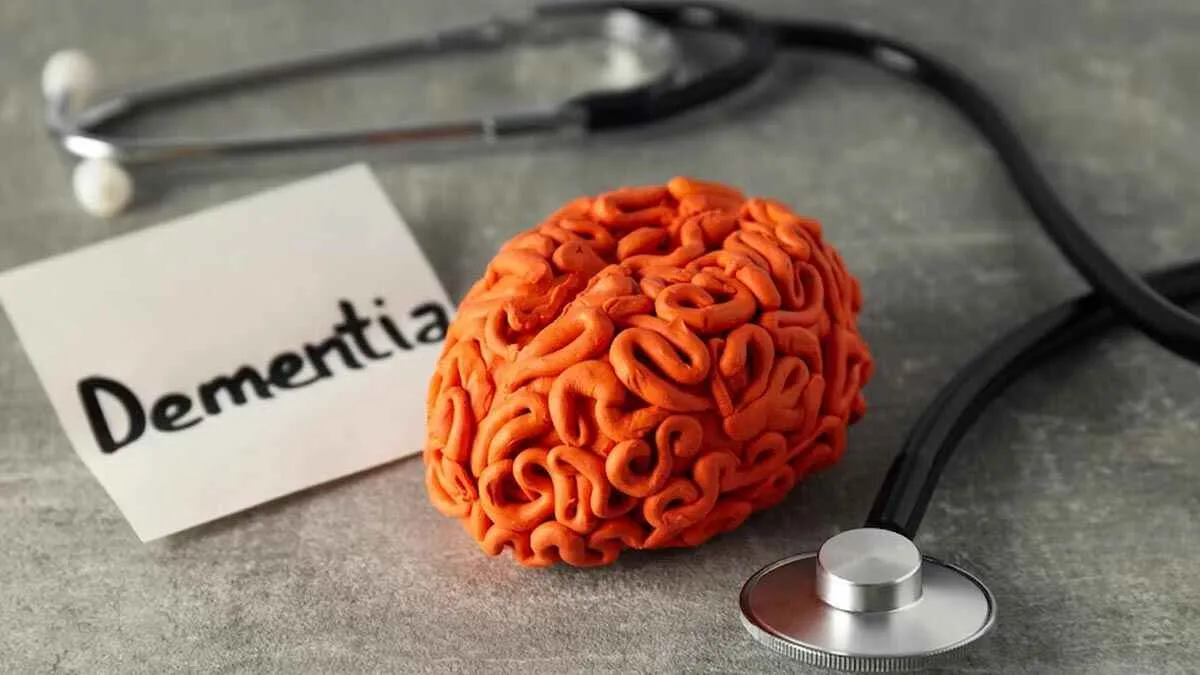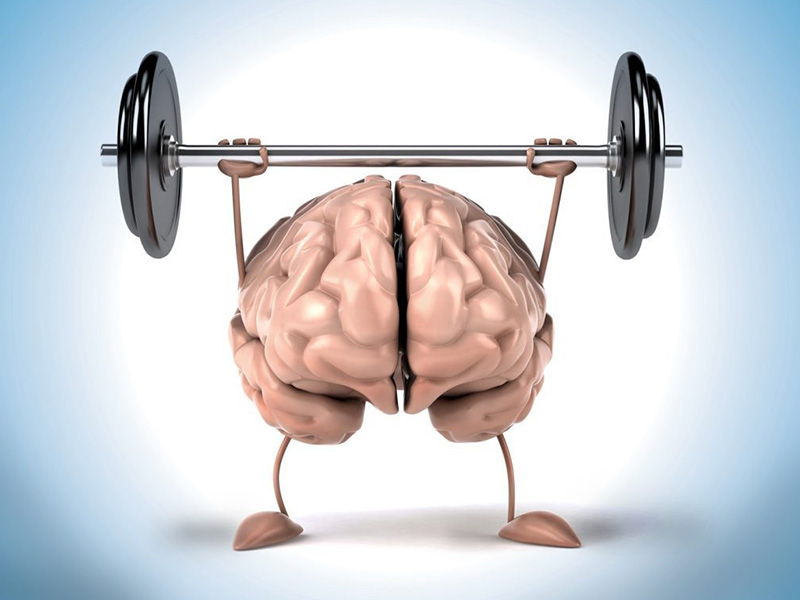
The number of dementia cases has increased sharply as the global population is on the rise too. The World Health Organization states that more than 55 million people worldwide suffer from dementia, and nearly 10 million new cases are reported every year. Although no known cure exists for this condition, research suggests that certain lifestyle factors can significantly reduce its risk. Among these, brain exercises have received increasing attention. But can these activities stave off dementia?
Table of Content:-
CHECK YOUR
MENTAL HEALTH

We contacted our expert, Dr Shrey Kumar Srivastav, Senior Consultant and General Physician, Sharda Hospital - Noida, exclusively to debunk the truth. He explained the science and practical steps you can take to keep your mind sharp. Here is what he shared with us.
What Is Dementia?
Dr Srivastav explained that dementia isn't a single disease but is instead a set of symptoms related to memory, thinking, and social abilities. “Most of the patients suffering from this have Alzheimer's disease, whereas the second leading cause is vascular dementia. In most cases, symptoms may include mild forgetfulness, or, in severe cases, severe impairment that can alter one's life,” he said.

Also Read: Study Links Consumption Of Red Meat To Increased Dementia Risks
How Brain Exercises Help Prevent Dementia
One of the most popularly cited concepts in neuroscience is ‘use it or lose it.’ Just as physical exercise can strengthen muscles, mental exercises may help maintain cognitive functions by creating new neural pathways and strengthening existing ones. This phenomenon is known as neuroplasticity, which allows the brain to adapt and reorganise itself in response to challenges and learning.
Mental activity can delay the onset of dementia or slow the progression of its symptoms. According to a study published in the Indian Journal of Psychiatry, those with regular mentally stimulating activity experience a significantly decreased risk of having mild cognitive impairment, which can become dementia.
Great Brain Exercises For Dementia Prevention
Not all exercises for the brain are created equal. The very best challenge the brain and pull you out of your comfort zone. Here are a few examples stated by Dr Srivastav:
1. Learning a New Skill
Learning to play a new musical instrument or mastering a new craft or activity, like taking up a language, is just one way in which a portion of the brain is stimulated as a defence mechanism in preventing dementia onset.

Also Read: Two Professions Linked To Lower Risk Of Dying From Alzheimer's Disease, According To A Study
2. Puzzles and Games
Try crosswords, Sudoku, and strategy games like chess for problem-solving and remembering things. Puzzles and games help ward off the rusting of the brain.
3. Reading and Writing
Constantly reading a book, keeping a journal, or even creating your own short stories can be the most significant in keeping one's mind alive.
4. Memory Training
Techniques to make one memorise include the use of visualisation and association, which subsequently support the proper working of the brain and cognitive health.
Lifestyle Factors Beyond Brain Exercises
Whereas a lot of people think brain exercises would suffice, these are most effective if used in conjunction with other good lifestyle habits:
- Regular exercise stimulates blood flow to the brain and supports overall cognitive health in general.
- A well-structured diet with frequent intakes of fruits, vegetables, whole grains, and healthy fats has been linked with a reduced risk of developing dementia.
- Irregular sleep patterns have time-wise results in terms of memory problems and cognitive deterioration.
- Social activity reduces the feeling of loneliness and also improves mental health.
Bottomline
Brain exercises can have a powerful way of maintaining cognition and reducing the risk of dementia. Give your brain every chance to put up a real fight against its decline by placing mentally stimulating things in your regular daily routine as well as supporting this with a good lifestyle.
Although no treatment can ever be a complete antidote for dementia, pro-activity together with brain exercises can improve your quality of life and mental resilience. Experts suggest that the key takeaway is to start early and stay active always because it is never too late to invest in your brain health.
How we keep this article up to date:
We work with experts and keep a close eye on the latest in health and wellness. Whenever there is a new research or helpful information, we update our articles with accurate and useful advice.
Current Version